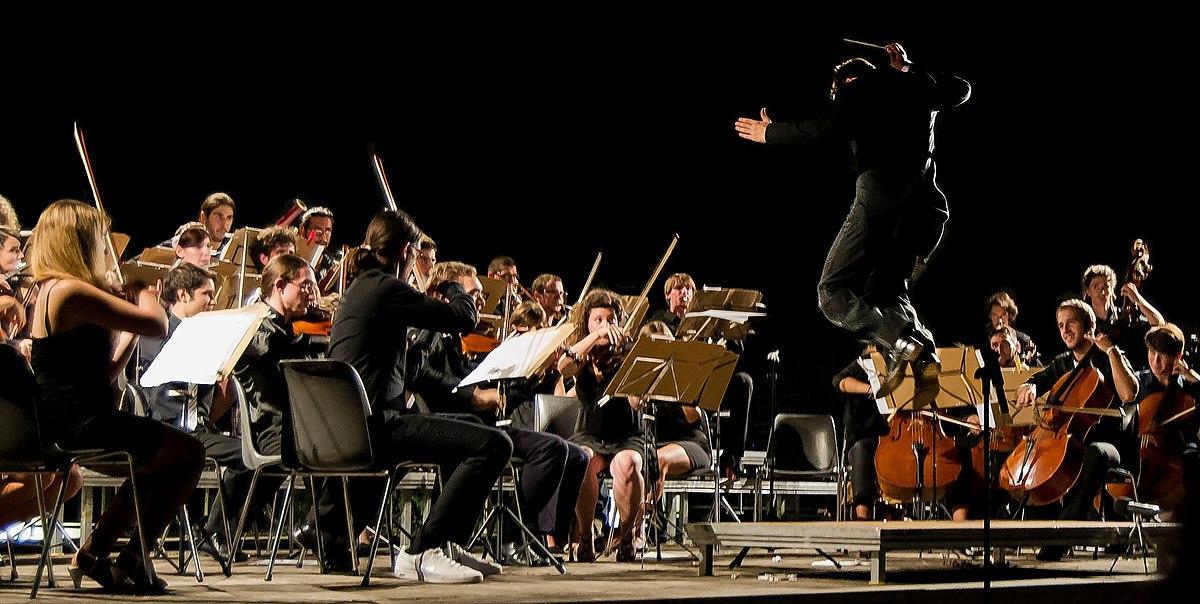Background Becoming a musician requires a great and constant effort. Usually a musician has started at a very young age to learn an instrument. Learning to play an instrument involves multiple cognitive faculties and abilities, such as memory, attention, executive functions, motor coordination, all simultaneously active. It is no surprising that psychologists and neuroscientists have long been interested in studying musicians, to uncover possible cognitive and neuronal changes that are supposed to be caused by the long training. Related Studies In particular, several studies have investigated memory skills. Some experiments observed how musicians perform better than nonmusicians in short-term memory and working memory, also for stimuli that are not directly related to music (e.g., verbal stimuli). Although there is some evidence supporting this advantage, the situation is still not clear, with contrasting results that might depend on the heterogeneous designs chosen by different researchers. Moreover, these studies have often small sample sizes, making it difficult to draw sure conclusions, and possibly having an insufficient statistical power to detect an effect, if the effect is there (type II errors). Our Study We have currently an international project that aims at clarifying this matter: have musicians better memory than nonmusicians? We will focus specifically on short-term memory, and will present span and recognition tasks assessing memory for different types of stimuli (i.e., musical, verbal, visuospatial). We will also collect several possible confounding and explanatory variables, such as intelligence, executive functions, socio-economical status, education, personality. The study is designed as a multilab. This means that several units around the world (current number of interested labs = 30) will collect participants to reach together a large sample size. The study is also designed as a registered report, meaning that everything concerning introduction, hypotheses, methods, and analyses has been already written and submitted to a journal prior to the data collection, to guarantee the highest standards possible in research practices. The project is led by Dr. Massimo Grassi, University of Padova, and Francesca Talamini. The project has received in principle acceptance* in the prestigious journal „Advances in Methods and Practices in Psychological Science“. Data collection will start soon! Stay tuned! *“IPA“, in principle acceptance, means that the journal will publish the study’s results no matter the outcome. References Talamini, F., Altoè, G., Carretti, B., & Grassi, M. (2017). Musicians have better memory than nonmusicians: A meta-analysis. PLOS ONE, 12(10), e0186773. https://doi.org/10.1371/journal.pone.0186773 Schlaug, G. (2001). The Brain of Musicians. Annals of the New York Academy of Sciences, 930(1), 281–299. https://doi.org/10.1111/j.1749-6632.2001.tb05739.x Schellenberg, E. G. (2020). Music Training, Individual Differences, and Plasticity. In Educational Neuroscience. Routledge. Swaminathan, S., & Schellenberg, E. G. (2019). Music Training and Cognitive Abilities: Associations, Causes, and Consequences. In M. H. Thaut & D. A. Hodges (A c. Di), The Oxford Handbook of Music and the Brain (pagg. 644–670). Oxford University Press



